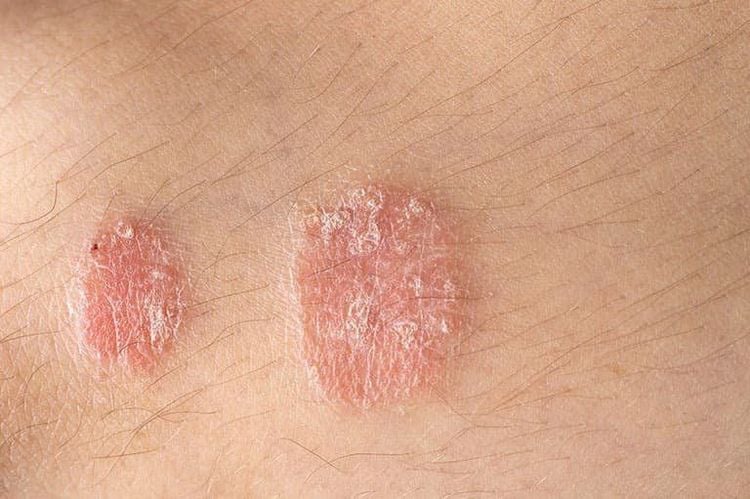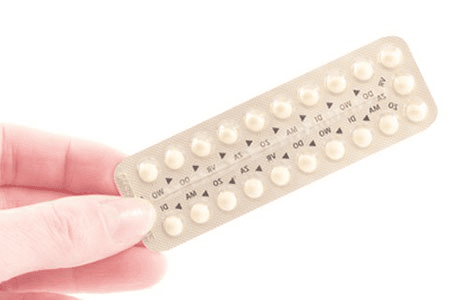This is an automatically translated article.
Itching of the genitals is one of the common problems in both men and women, causing discomfort, affecting quality of life. Genital itching can be caused by an infection or a medical condition that irritates the skin of the genital area leading to itching.
1. Causes of genital itching
Genital itching can be a symptom of many conditions, including vaginal infections in women or itching in the groin area in men. In both sexes, itching can be caused by skin irritation, sexually transmitted diseases, and allergies.
Genital itching due to skin irritation is often caused by mechanical influences such as: Wearing clothes that are too tight, using fabrics that do not absorb moisture, running or cycling long distances, hot climates. In most cases, genital itching caused by skin irritation will go away on its own if the cause of the itching is eliminated.
Many other causes of itching may require intensive treatment, such as itching caused by a sexually transmitted disease. Some common STIs that cause itching include genital herpes, genital warts caused by HPV infection, syphilis, gonorrhea, molluscum contagiosum, trichomoniasis, chlamydia infection. Additionally, yeast overgrowth in the genital area can cause a genital yeast infection that leads to unpleasant symptoms, including itching, burning, and clotted discharge.
Some skin diseases, such as eczema and psoriasis, can cause redness and itching of the genitals. Eczema, also known as atopic dermatitis, is a rash that mainly occurs in people with asthma or allergies. The rash is red and itchy with a scaly texture, which can spread to the genital area. Psoriasis is a common skin condition that causes red, itchy, scaly patches to form along the scalp and joints. Occasionally, these symptoms can also occur on the genitals.
Itchy genitals can also be caused by allergies. This happens when irritating chemicals come into contact with the genital area. These irritants can cause an allergic reaction that produces an itchy rash. Common chemical irritants include: Bath soaps, bubble baths, feminine sprays, douches, topical contraceptives, topical ointments, detergents, and fabric softeners. , fragrant toilet paper.
Besides the above causes, genital itching can be experienced in women who are or have gone through menopause. Estrogen levels drop during menopause leading to vaginal atrophy. This is a thinning of the mucosa that can lead to excessive dryness. Dry skin can cause itching and irritation if left untreated.

Một số bệnh ngoài da, chẳng hạn như bệnh chàm và bệnh vẩy nến, có thể gây mẩn đỏ và ngứa bộ phận sinh dục
2. How can genital itching be prevented?
Women should take the following steps to help prevent genital itching:
After urinating or having a bowel movement, wipe from front to back to prevent bacteria from the anus from entering the vagina. Avoid chemical products like douches or feminine hygiene sprays, which can upset the acid balance in the vagina. Avoid scented feminine hygiene products (panties, pads, soaps). Men should take the following steps to help prevent genital itching:
Wash the penis, including the area under the foreskin, in uncircumcised men. Keep the genital area dry, as moisture in the genital area can lead to infection. Cornmeal during the summer can be helpful. Both men and women should take the following steps to prevent genital itching:
Wear loose, airy cotton clothes and underwear. Change your underwear at least every 24 hours. Keep the genital area clean and dry. Use mild soap and rinse well. Use a mild, unscented laundry detergent to wash your underwear. Dry completely after bathing and swimming. Avoid wearing wet clothes for long periods of time. Avoid unprotected sex, especially if you suspect you or your partner may have an infection. In summary, genital itching is a common symptom in both men and women, often occurring as a result of irritants that irritate the skin, infection, or menopause. This symptom is uncomfortable and sometimes painful, affecting quality of life. Most genital itching is not a cause for concern. However, a doctor should be contacted if itching is severe or if an underlying medical condition is suspected.
Currently, Vinmec has deployed the Basic Gynecological Examination and Screening Package. This examination package can detect inflammatory diseases early, making treatment easy and inexpensive. When registering for the Basic Gynecological Examination and Screening Package, customers will receive:
Gynecological examination. Transvaginal ultrasound of the uterus and ovaries. Bilateral breast ultrasound. Tests such as: Treponema pallidum rapid test, Chlamydia rapid test, taking samples for cervical-vaginal cytology, bacterioscopic staining (female vaginal fluid), HPV genotype PCR automated system, total analysis Automated urine collection.
Please dial HOTLINE for more information or register for an appointment HERE. Download MyVinmec app to make appointments faster and to manage your bookings easily.
Reference source: webmd.com













